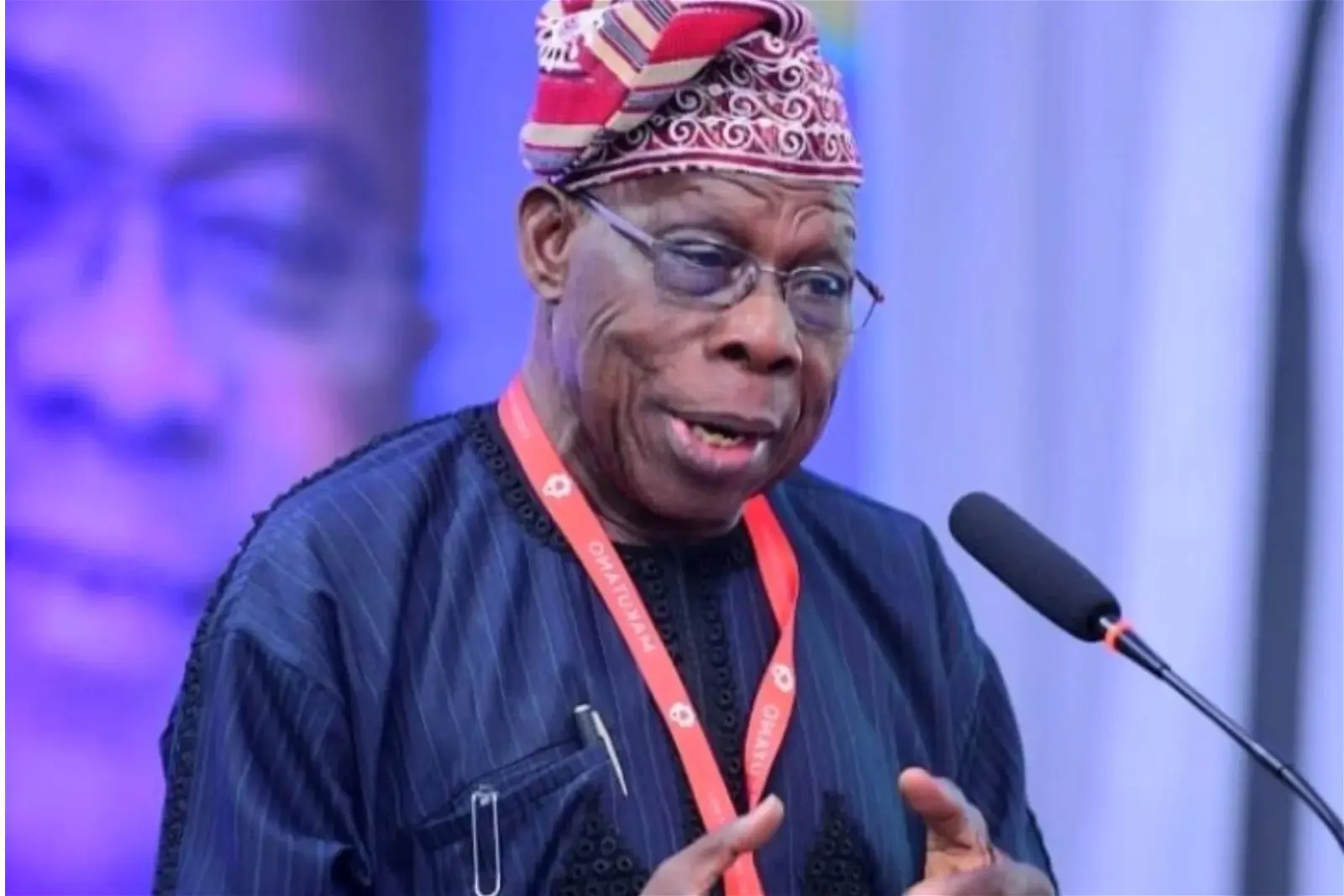A former President of Nigeria, Olusegun Obasanjo has thrown his weight behind the need to restructure Nigeria, warning that the preponderance of wrong systems of administration is bad for the governance of any country.
Obasanjo made this known while speaking in Enugu, yesterday during the public presentation of the book ‘In Brotherhood We Stand: A Roadmap for the Rebirth of a Fragmented Nation’, written by Engr. Chris Okoye.
Africa Today News, New York reports that the event was held at the Immanuel Gardens, Independence Layout in Enugu.
The former President, who was the chairman of the occasion, lamented that Nigeria had moved from one bad governance to another.
His words: “The clarion call in Nigeria today is one for restructuring and a reassessment of the terms of our union as a nation.
Read Also: Nigeria’s Ugly Situation Can Be Changed – Obasanjo
“No matter how economically viable a nation is, bad governance and a wrong system of administration can bring it down as there is a direct correlation between economic and political reforms.
“Our historical experience at constitution making and political reform show that we may have some structural defects that require adjustment so as not to continue to constrain the deepening, widening and consolidation of democratic values and practices.
“Indeed, some of the contradictions and challenges bequeathed by the colonial administration have continued to pose problems for us to this day.
“As things stand therefore, our constitution making efforts must go down the grassroots to deal with the issues of inclusion, popular participation, ownership, and legitimacy.”
The former President, who spoke through a live video link at the occasion, lamented that: “Nigeria, in one word, has moved from bad governance to another.
“In the process, we tried to adjust to the weaknesses of the system and equally adapted to doing without some of those fundamentals that really ought to drive the political process.
“Some issues that have emerged include, but are not limited to, the challenge of constitutionalism and constitutional reform; the opportunity to bring all stakeholders together to discuss the preferred political path for the nation; the challenge of building new, accountable, responsive and focused leadership; and how to build, operate and sustain real political liberties, social justice, rights and obligations; electoral reforms that ensure credibility and respectability of elections; relations between tiers of government; performance of government and how to ensure truly democratic governance for all.
“In all of these, the central challenge is still how to strengthen the social contract between the custodians of state power and the governed.”
While he stressed the need for unity, cohesion and equity, the former President all hands must be on deck to move Nigeria forward.

